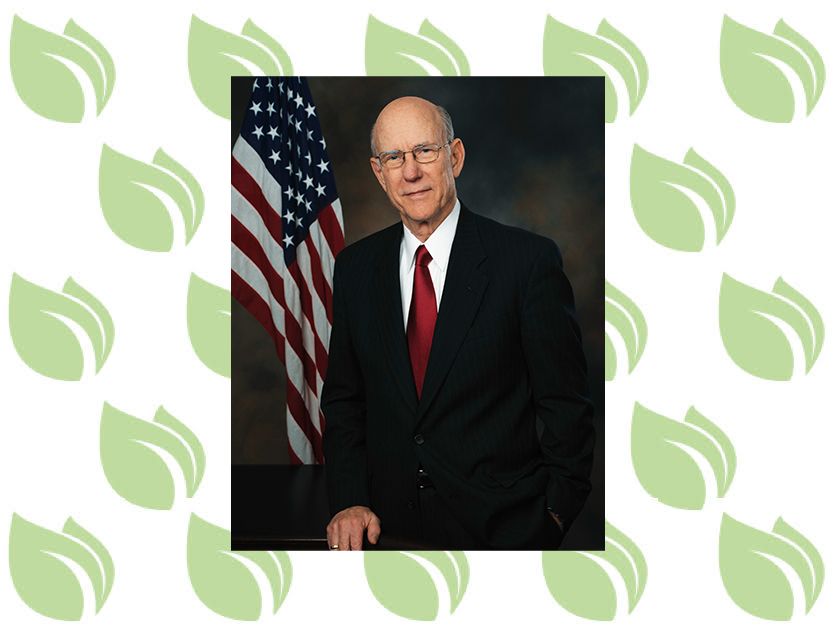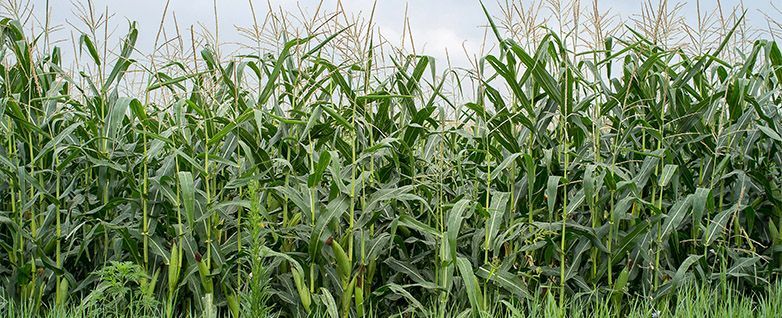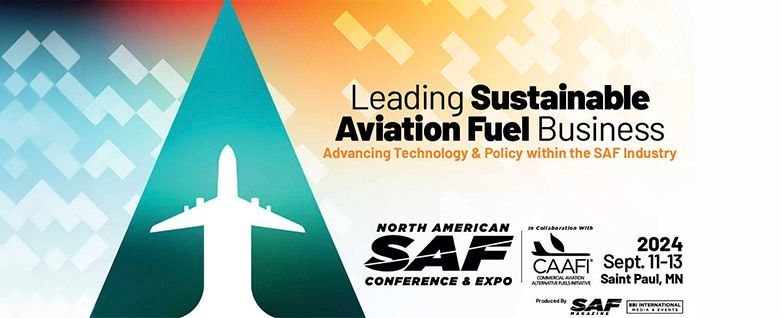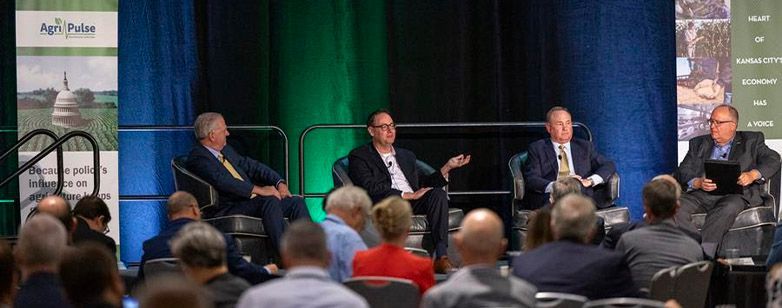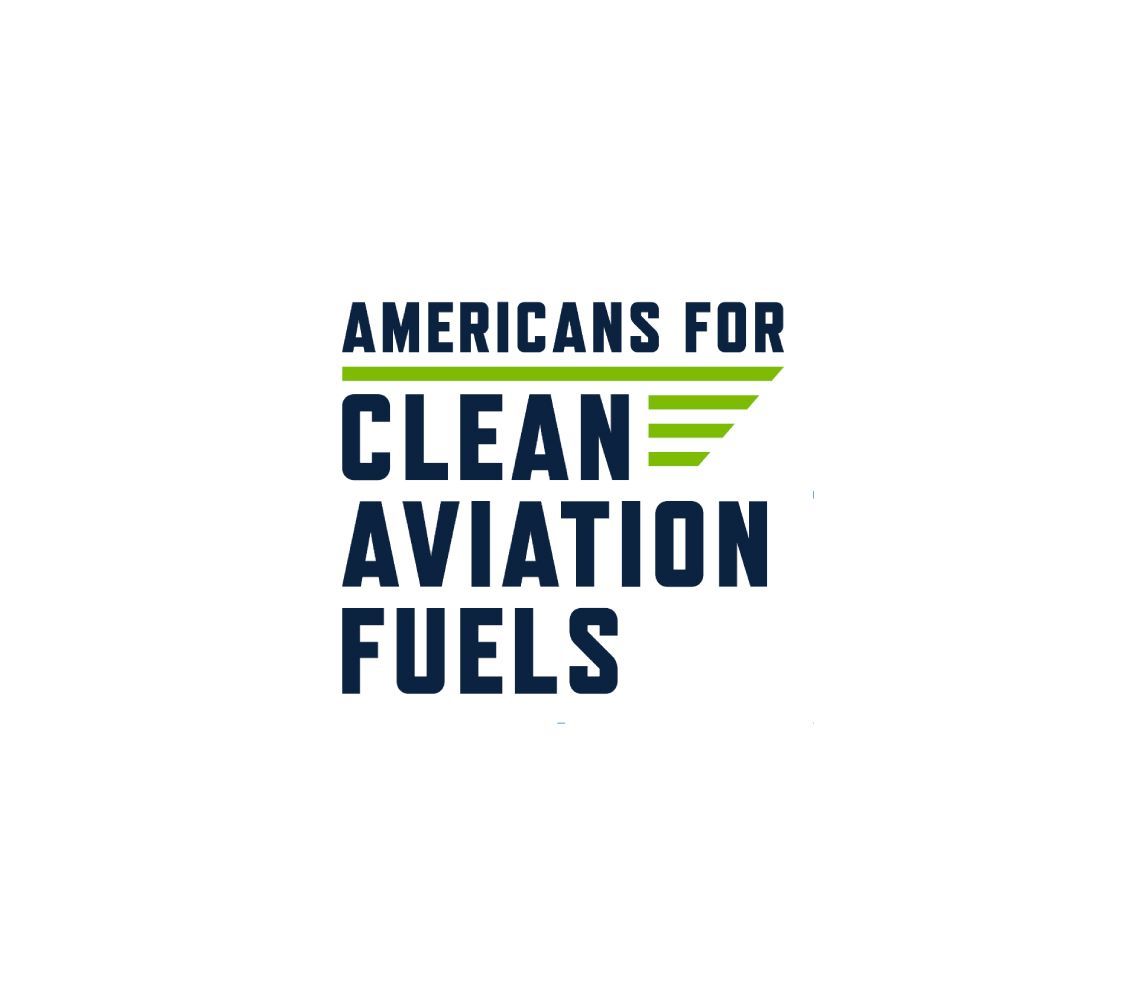Growth Energy CEO: “The Fate of Sustainable Aviation Fuel is in the Hands of Biden Regulators”
GROWTH ENERGY CEO: "THE FATE OF SUSTAINABLE AVIATION FUELS IS IN THE HANDS OF BIDEN REGULATORS"
In Case You Missed It: Emily Skor – the CEO of Growth Energy, a founding member of Americans for Clean Aviation Fuels (ACAF) – argues in a Des Moines Register opinion piece that the Biden Administration's pending decision regarding how the GREET model will be used to calculate greenhouse emission reduction from bioethanol-produced Sustainable Aviation Fuel (SAF) will determine whether SAF is a “boon or a bust for American farmers.” Skor highlights the need for a regulatory framework that incentivizes and rewards farmers for reducing their carbon footprint, arguing that breaking down the financial barrier to practicing climate smart agriculture is a win-win for farmers and the environment alike. ACAF is a national coalition that brings together leaders from the aviation, energy and agricultural sectors to expand America’s clean aviation fuels market, including SAF.
“Heartland farmers await the administration’s decision process with bated breath. If the revised GREET model includes updates that appropriately value climate smart agricultural practices to calculate the lifecycle greenhouse gas impact of SAF, American farmers will be a step closer to reaping immense economic benefits – an opportunity they cannot afford to lose,” Skor writes in the Des Moines Register. “GREET stands to incentivize emission reduction, encourage further climate smart agriculture practices — by raising the value of low-carbon corn and soybeans for those farmers that utilize no or low-till farming, for example — and catalyze our domestic SAF production, all while helping our nation’s growers. What is there to lose?”
The fate of sustainable aviation fuel is in the hands of Biden regulators
By Emily Skor
April 19, 2024
President Joe Biden predicted last summer that in the next 20 years, U.S. farmers will provide the feedstock for 95% of all sustainable aviation fuel, or SAF — a vision that lines up with his administration’s Grand Challenge to increase American SAF production to 35 billion gallons annually by 2050.
Given the inherent challenges of reducing carbon emissions in air travel, the president’s goal is significant. That’s because SAF, a homegrown fuel source from America’s heartland, represents the most promising, in-production and scalable lever to help airlines achieve a net zero future. However, the reality is that today, there’s not enough SAF produced annually to fuel global commercial aviation for even one week.
SAF is a win-win for American farmers, the economy and our environment. In fact, building the domestic SAF market with American-produced bioethanol will provide an economic boon to our nation’s farmers and growers. A recent study commissioned by the Iowa Renewable Fuels Association predicts 224,440 new jobs associated with SAF in the Midwest alone in the coming decades.
SAF, a clean alternative to traditional fossil fuel-based jet fuel, is essential to decarbonizing air travel and will make America more energy secure in the face of increasing global instability. But the market for SAF can’t build itself — the Biden administration must put the right framework in place to catalyze production.
Whether SAF reaches its full potential depends largely on regulatory decisions the president’s administration is making right now. A key flashpoint in this process is how pending revisions to the Greenhouse Gases, Regulated Emissions and Energy Use in Technologies — otherwise known as GREET — model will be used to calculate the total environmental impact and lifecycle greenhouse emission reduction from bioethanol-produced SAF.
The Department of Agriculture and the Argonne National Laboratory have already found that corn-based bioethanol cuts lifecycle carbon emissions, and with climate smart agriculture practices, SAF has the potential to remove even more carbon than is generated in its production cycle.
Many farmers understand the importance and value of climate-smart agricultural practices to the environment and future of their farms. We are already seeing farmers across the Midwest deploy practices that improve the integrity of the soil, which acts as a carbon sink, such as no-till farming, planting cover crops and using sustainable fertilizer. Using a method like no-till ensures that less carbon is released into the atmosphere than through traditional practices by not disrupting the soil as much while using less tractor fuel. Coupling that technique with sustainable fertilizers can truly make a difference across hundreds of acres. But reducing the carbon footprint of American agriculture is a collaborative effort. If we want to advance sustainable farming more widely, we must first invest in encouraging more farmers to deploy these practices.
Farmers would suffer significant financial losses — and be unable to make their practices more sustainable — if policymakers place stringent carbon-reduction requirements on them without a regulatory framework based on reality. For example, the use of cover crops has been demonstrated to protect against yield loss, particularly after heavy rains or storms, mitigating risk to the farmer; however, the cost of crop insurance under the federal government is rising due to climate risk and does not yet appropriately value these practices. We must incentivize and reward farmers for reducing their carbon footprint; breaking down the financial barrier to practicing climate smart agriculture is a win-win for farmers and the environment alike. We cannot demand that carbon reduction goals be met without thinking through the entire value chain, starting with our farmers and growers.
Heartland farmers await the administration’s decision process with bated breath. If the revised GREET model includes updates that appropriately value climate smart agricultural practices to calculate the lifecycle greenhouse gas impact of SAF, American farmers will be a step closer to reaping immense economic benefits — an opportunity they cannot afford to lose. GREET stands to incentivize emission reduction, encourage further climate smart agriculture practices — by raising the value of low-carbon corn and soybeans for those farmers that utilize no or low-till farming, for example — and catalyze our domestic SAF production, all while helping our nation’s growers. What is there to lose?
The president’s SAF Grand Challenge hangs in the balance. Decisions that regulators make in the coming weeks about the revisions to the GREET model will determine whether SAF is a boon or a bust for American farmers.
The Biden administration can’t miss this opportunity — and neither can this country.
Emily Skor is the CEO of Growth Energy, a biofuels trade association. Growth Energy is a founding member of Americans for Clean Aviation Fuels, a coalition of companies and organizations focused on promoting the economic benefits of building a robust U.S. market for clean aviation fuels.
Media Contact:
Mickey Sundermann
About Americans for Clean Aviation Fuels (ACAF)
ACAF is a dynamic coalition of industry leaders from the aviation, manufacturers, energy, and agriculture sectors, united in their mission to advance the production and adoption of clean aviation fuels. Committed to driving economic growth, reducing emissions, and bolstering national security, ACAF represents a pivotal force in propelling sustainable aviation practices in the U.S. while creating good-paying jobs. For more information about ACAF and to see a list of founding members, please visit www.americansforcleanaviationfuels.com.


